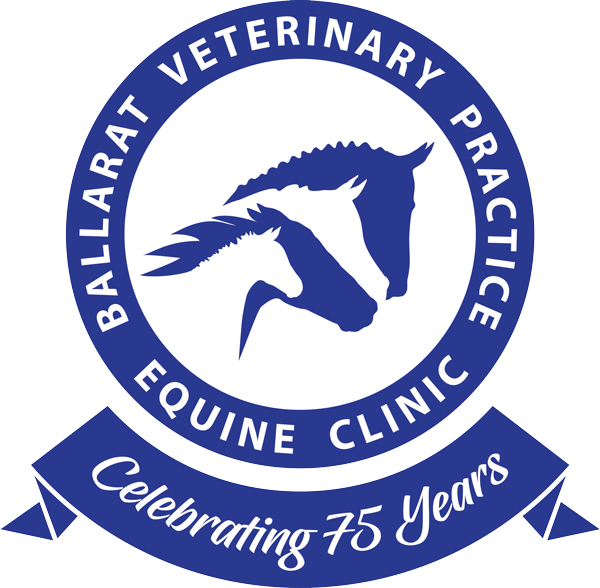Equine Healthcare Factsheets
Equine Healthcare Factsheets
To view one of our Healthcare Factsheets, please click on the appropriate title below.
Laminitis
Laminitis: No Foot, no horse. Dr Ciaran Gobl The old saying, “no foot, no horse” still stands. The entire weight of a horse’s body is loaded onto its 4 feet when standing and onto only one foot when galloping. The foot is made up of multiple components, the deepest of...
Equine Wound Care
Equine Wound Care Dr Rachel O’HigginsMinor and major wounds are common occurrences in horses and the severity of a wound can be deceiving. Large wounds accompanied by profuse bleeding often appear worse than they are, particularly if they involve only superficial...
Equine Lameness
Equine Lameness Dr Annemarie FarringtonA lame horse is defined as having an abnormal gait or an incapability of normal locomotion. The commonest causes of lameness in horses include infection (e.g., subsolar abscess), trauma, congenital conditions (e.g., contracted...
Deworming Your Horse
Deworming your horse: The inside story Dr Ciaran Gobl Introduction Internal parasites can have a negative effect on your horse, particularly in the young, growing animal and the older horse or pregnant mare. While horses can tolerate low levels of internal parasitism,...
The Good Doer
Feeding the “good doer” Dr Rachel O’Higgins Overview The term “good doers” refers to horses and ponies that are able to maintain or gain weight on a minimum amount of food. In their natural environment horses would have to make the most of poor quality grazing and...
Equine Foaling
Equine FoalingFoaling is a very important time in a mare (and foals!) life therefore as owners it is important to have knowledge of the foaling process. This will allow you to identify problems and know when to call for help, as during the parturition (foaling)...
Strangles
Strangles Dr Kayleigh Barker Strangles is a serious and highly contagious respiratory disease of horses. It is caused by the bacterium Streptococcus equi subspecies equi and is found worldwide. Clinical Signs Horses typically develop clinical signs within 3 to 8 days...
Bone Scanning (Scintigraphy)
Bone Scanning (Scintigraphy) of the Horse at the Ballarat Veterinary PracticeThe Ballarat Veterinary Practice was the first clinic in Victoria to undertake bone scanning of horses in 1999. Since that time the bone scan facility has been upgraded three times and 9...
Treatment of Roarers by Nerve Graft Surgery
Treatment of Roarers using the Nerve Graft ProcedureA recent publication in the Equine Veterinary Journal has provided further evidence of the technique referred to as nerve grafting as a successful method of treating horses that are known to be “roarers” with a...
Sarcoid Treatment
Sarcoid Treatment at the Ballarat Veterinary PracticeSarcoids are a well known skin cancer of horses that have a high rate of returning after conventional surgery to remove them. Here at the practice we have several additional treatment options to help reduce the...
Compulsory reporting of Major Fractures and Orthopaedic Surgery
Compulsory reporting of Major Fractures and / or Major Orthopaedic Surgery and Approval of Affected Horses returning to Racing Submit a comprehensive clinical report, by the Veterinary Surgeon who performed the surgical procedure or who managed the injury...
